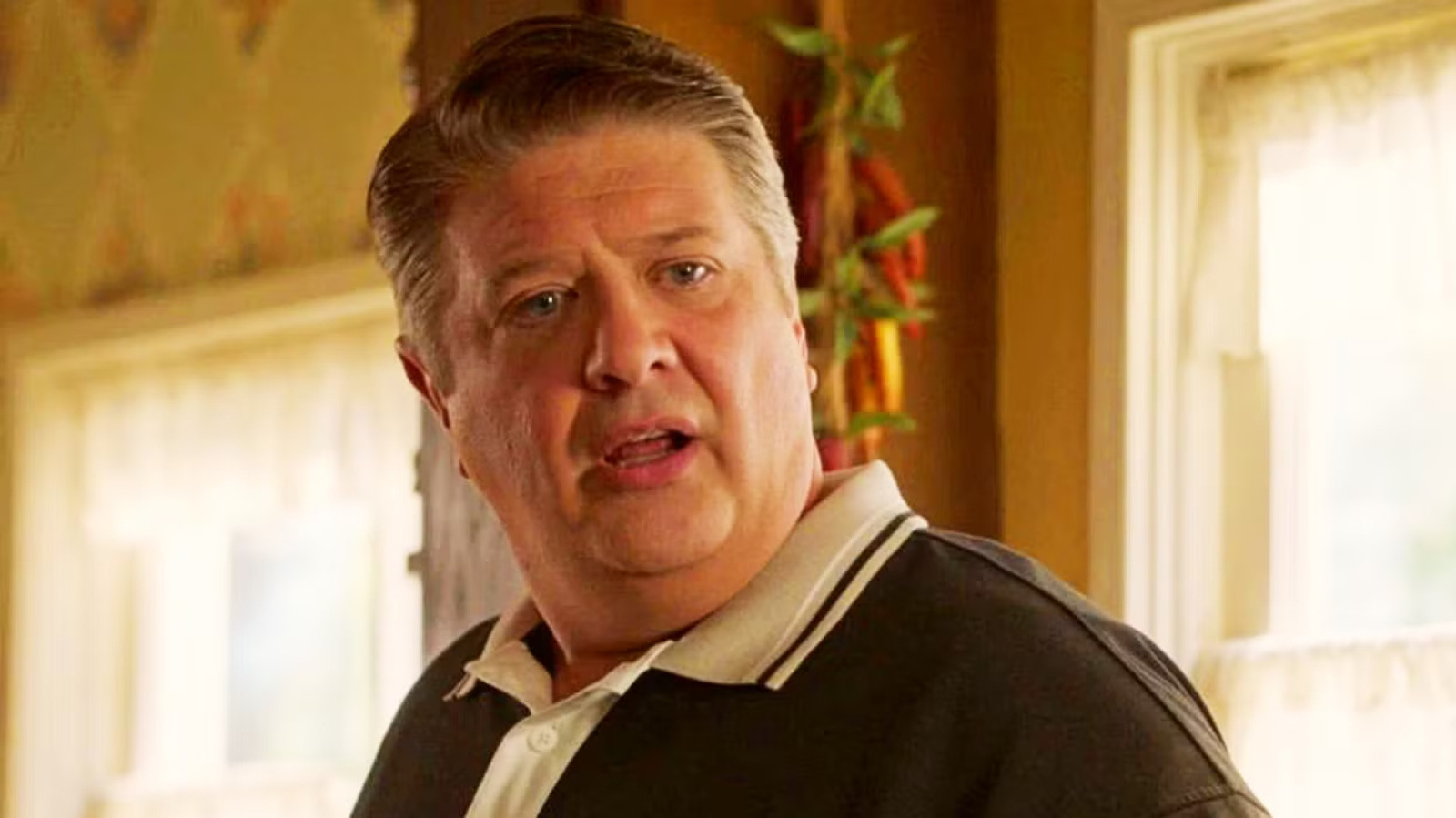Celebritiy
Lance Barber’s Concerns About Portraying George Cooper Sr. in Young Sheldon

Taking on a role in a primetime network series can be a daunting prospect, especially when it’s the prequel to one of television’s most beloved sitcoms. This was the challenge that faced Lance Barber when he joined the cast of “Young Sheldon” as the patriarch, George Cooper Sr. Stepping into a character with such a rich backstory, especially when fans had high expectations from the original “The Big Bang Theory,” surely added extra pressure. The good news for Barber? “Young Sheldon” not only found its unique identity but also emerged as a successful series in its own right.
In “The Big Bang Theory,” George Sr. is depicted as a flawed character, characterized by his struggles with alcohol and marital infidelity. However, the narrative took a different turn in “Young Sheldon,” making George Sr. more relatable and lovable, a shift that Barber embraced. Despite knowing that his character would ultimately meet a tragic fate, with his death confirmed in the seventh season of “Young Sheldon,” Barber’s portrayal has cemented his role in the franchise.
Barber opened up about the initial challenges he faced while stepping into this role, acknowledging the weight of meeting the expectations set by fans of the original series. He expressed a commitment to contributing positively to the legacy of the show. Interestingly, Barber’s history with the franchise isn’t limited to George Sr.; he also played a memorable role as Jimmy Speckerman in “The Big Bang Theory.” This crossover adds a fascinating layer to Barber’s involvement with the series.
The complexities of George Sr.’s character provide an interesting backdrop for Barber’s performance. While “The Big Bang Theory” offered a grim depiction of George’s shortcomings, “Young Sheldon” sought to provide a more family-friendly interpretation, allowing Barber to showcase a more rounded version of the character. He noted that playing a pre-existing character posed its own set of challenges, but he was eager to rise to the occasion.
As Barber navigates the contrasting portrayals of George Sr. and other roles he has taken on, such as Bill Ponderosa in “It’s Always Sunny in Philadelphia,” it becomes evident that he is a versatile actor. While George Sr. represents a gentler father figure, Bill is an entirely different story, showcasing Barber’s ability to slip into complex, often morally ambiguous roles with ease.
Barber’s commitment to his craft, coupled with his range as an actor, has made him a valuable asset to the “Big Bang Theory” franchise. Fans might even hope to see him reprise his role in future spin-offs, further expanding the narrative of the Cooper family. The evolution of George Sr. from the original series to “Young Sheldon” illustrates not just Barber’s adaptability, but also the creative possibilities that come with retelling beloved stories. His performances remind us that even characters with dark pasts can find redemption in new narratives, highlighting the dynamic nature of storytelling in comedy.
